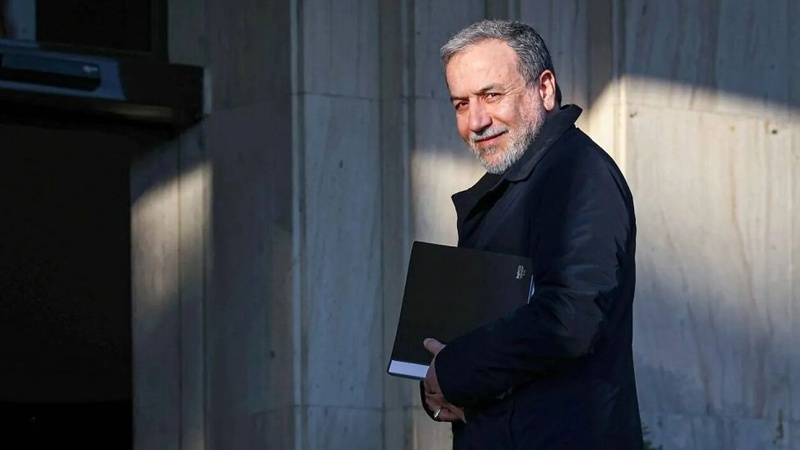Pars Today's Iran and world news package
Zionist regime's media defeat in Iran-US negotiations
-

Iranian FM Seyyed Abbas Araghchi
Pars Today - Given Iran's success in imposing its red lines on the United States, the biased coverage of the negotiation developments by the Zionist regime’s media outlets was nothing short of a failure for that regime.
According to Pars Today, Iran and the United States returned to the negotiating table years after the JCPOA (Joint Comprehensive Plan of Action), following the hostile positions created by Donald Trump, the U.S. president, when he withdrew from the agreement.
Yesterday, indirect talks chaired by Seyyed Abbas Araghchi, Iran’s Foreign Minister, and Steve Witkoff, the U.S. Special Representative for West Asia under Trump, were held in Rome, the capital of Italy.
Both sides described these talks as "positive and constructive," and they are set to continue next week.
Iran’s apparent success in the recent negotiations comes despite the numerous reports published in the days leading up to the indirect talks between Iran and the U.S., claiming that “Iran had a weak position in the negotiations,” according to Zionist sources and their affiliated media outlets.
However, during both rounds of negotiations, we witnessed that, as stated by Iranian Foreign Minister Hossein Amir-Abdollahian and other Iranian officials, the talks continued indirectly. After the discussions concluded, and in line with diplomatic etiquette, the Iranian and American delegations had a brief visit.
Moreover, even before the negotiations began, it became clear that Washington had accepted Iran’s request to introduce Oman as the mediator between the two countries, while the UAE (Washington’s preferred choice for mediation) was not accepted by Tehran.
Another one of Iran’s fulfilled demands was to hold fair talks in an atmosphere of mutual respect, without any threatening statements. According to reports published in global and domestic media, the atmosphere of the talks was respectful, and in the draft proposal presented by Witkoff to Araghchi, there was no mention of dismantling Iran’s nuclear facilities or threats against the country.
However, contrary to reports from reputable global media, Israeli regime media and their Persian-language media arms, whose only concern is to weaken Iran, accused Tehran of being weak and "submitting" to Washington's demands. With the start of negotiations and the publication of multiple reports regarding the success of this round of diplomatic efforts between Tehran and Washington, we witnessed aligned media with the Israeli regime resorting to discrediting Iran.
Ultimately, all reports published by these media outlets were rejected by both Tehran and Washington, with both sides announcing that the talks had been successful and would continue next week.
Iran’s approach in standing firm on its values and the rights of its people was so successful that, despite the Zionists’ attempts to sabotage Tehran’s political stance, global media have referred to the negotiations as a "diplomatic victory" for Iran.
In this regard, Al Jazeera’s correspondent, commenting on the indirect negotiations between Iran and the United States, stated that what took place in Oman was a "very significant victory" for Iran’s diplomacy and its influence in one of the most complex regional issues.
With this in mind, it should be emphasized that whatever happens in the course of the negotiations, given Iran's success in imposing its red lines on the United States and the victory of diplomacy in these talks, the biased coverage of these developments by the media arms of the Israeli regime will only lead to disgrace for them.
MG


